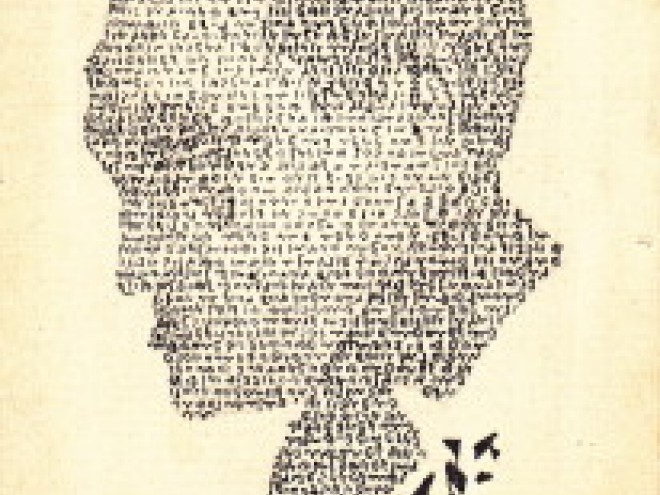Stuart Rojstaczer was born in Milwaukee, Wisconsin, where he was educated in public and Orthodox Jewish schools. For many years, he was a professor of geophysics at Duke University. He has been a Karma Foundation Annual Short Story Finalist and a National Science Foundation Young Investigator. His debut novel, The Mathematician’s Shiva, is now available. He will be blogging here all week for the Visiting Scribe series.
 One day last year I was speaking to my cat in the front yard. A neighbor walking by stopped because he was surprised I wasn’t speaking English. “What language are you speaking to your cat?” he asked.
One day last year I was speaking to my cat in the front yard. A neighbor walking by stopped because he was surprised I wasn’t speaking English. “What language are you speaking to your cat?” he asked.
“Yiddish,” I said.
“Your cat knows Yiddish?”
“About as well as she knows any other language.”
My neighbor had set me up unwittingly. He isn’t Jewish. He didn’t grow up speaking Yiddish. How was he supposed to know I was going to turn his innocent question into a joke? But my father, if he were still around and had been on my porch at the time, would have seen what was coming a mile away. My wife, who grew up around Yiddish speakers, would have seen it too had she been there.
When I was a kid, there was something that Jewish men of my dad’s age who had been born in America would sometimes say, “Dress British. Think Yiddish.” Neither my father nor I dressed British when I was growing up. But being born in Poland, my father definitely thought Yiddish. So did my mother, who was also born in Poland. Being around those two, how could I not think Yiddish as well?
We spoke Yiddish in our Milwaukee home. I learned English when I was little by watching shows like Leave It To Beaver. I think Yiddish to this day. My Yiddish is, because I haven’t used it regularly in decades, rusty. And to keep it from disappearing, I speak it to my cat. Don’t think I’m not waiting for the next unsuspecting neighbor to innocently ask what language I’m speaking to her. Jokes, bad and good, are an intrinsic part of Yiddish culture. So is repetition of jokes, both bad and good.
In America, Yiddish has been distorted into some cutesy thing that’s all about jokes, colorful curses, and sentiment. But in my childhood home, it wasn’t a cute language. It was the language of commerce, heated arguments, and sophisticated thought. It was also a language for discussing religion and although I never thought of my family as particularly religious, we kept a kosher home and had a Sabbath meal every week. I’d also be ushered off to read the Old Testament and Rashi with black hats, and attend evening prayers with those black hats, bobbing my head as I prayed, three or four days a week.
Write about what you know, they say. Nowadays, I don’t go to synagogue more than about ten times a year, but given my background, what are the odds that I’m going to write about Anglicans? Or Catholics? Or atheists? Or secular humanists? About the same odds as my cat actually understanding Yiddish.
Write about what’s in your heart, they say, too. My heart, mein hartz, is Jewish. My first language was Yiddish. I look at my face in the mirror in the morning and I know that I don’t look anything like Sylvester Stallone or Alec Baldwin. Who have people confused me with on the street more times that I can remember? Albert Brooks, whose real name is Albert Einstein. (Yes, Mr. Brooks’ father was a Jewish comedian.). I know who I am, I’m happy to be who I am, and I know what I am: a Jewish writer.
Stuart Rojstaczer has written for The New York Times and Washington Post, and his scientific research has appeared in both Science and Nature. He lives with his wife in northern California. Read more about him here.
Related Content:
- Essays: On Writing Jewish Literature and Being a Jewish Writer
- Essays: Yiddish and Languages
- Reading List: Emerging Voices



